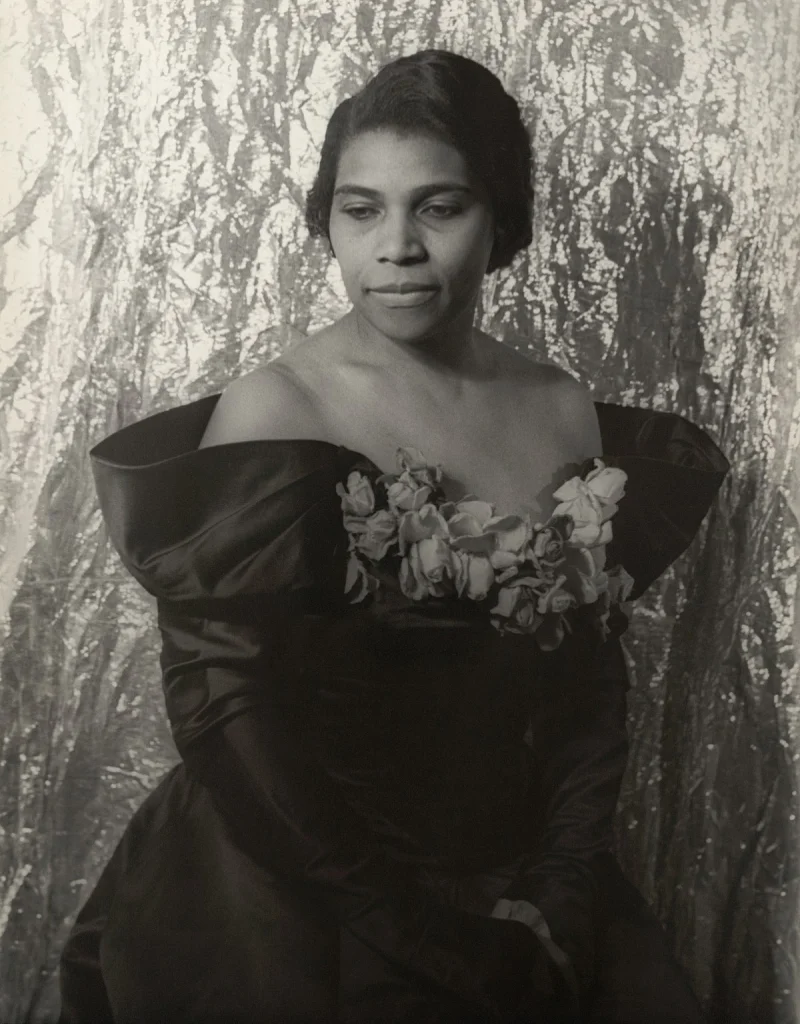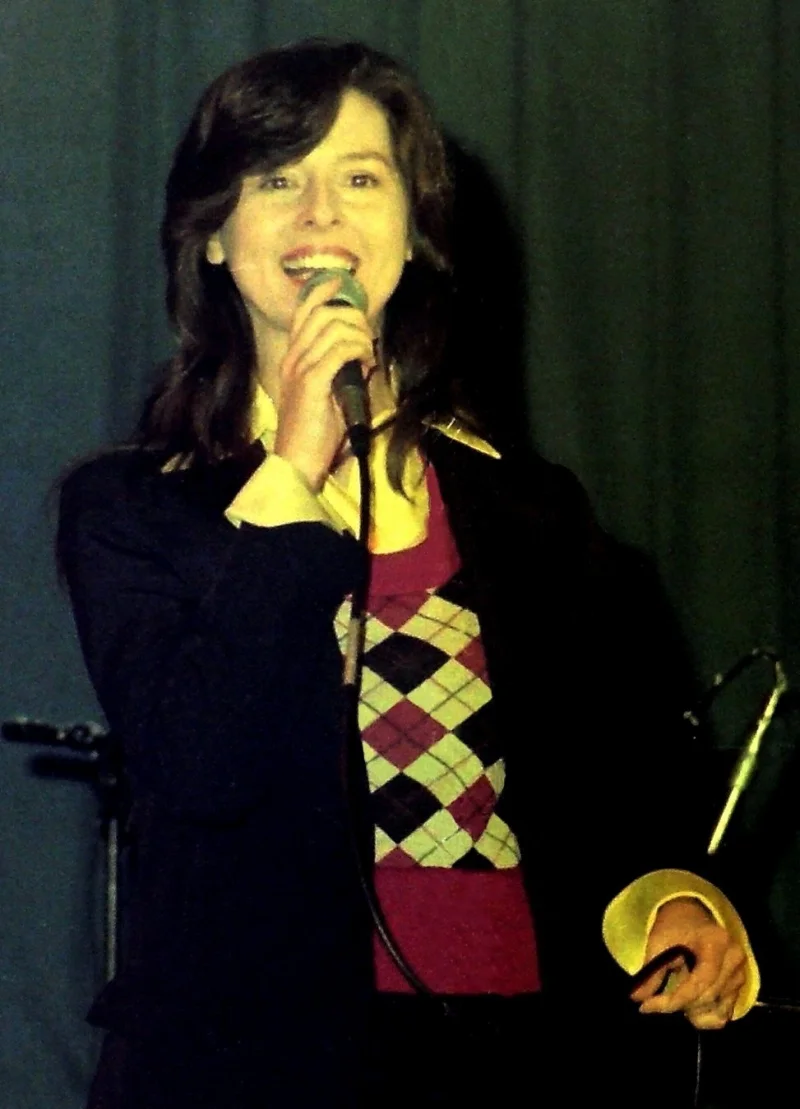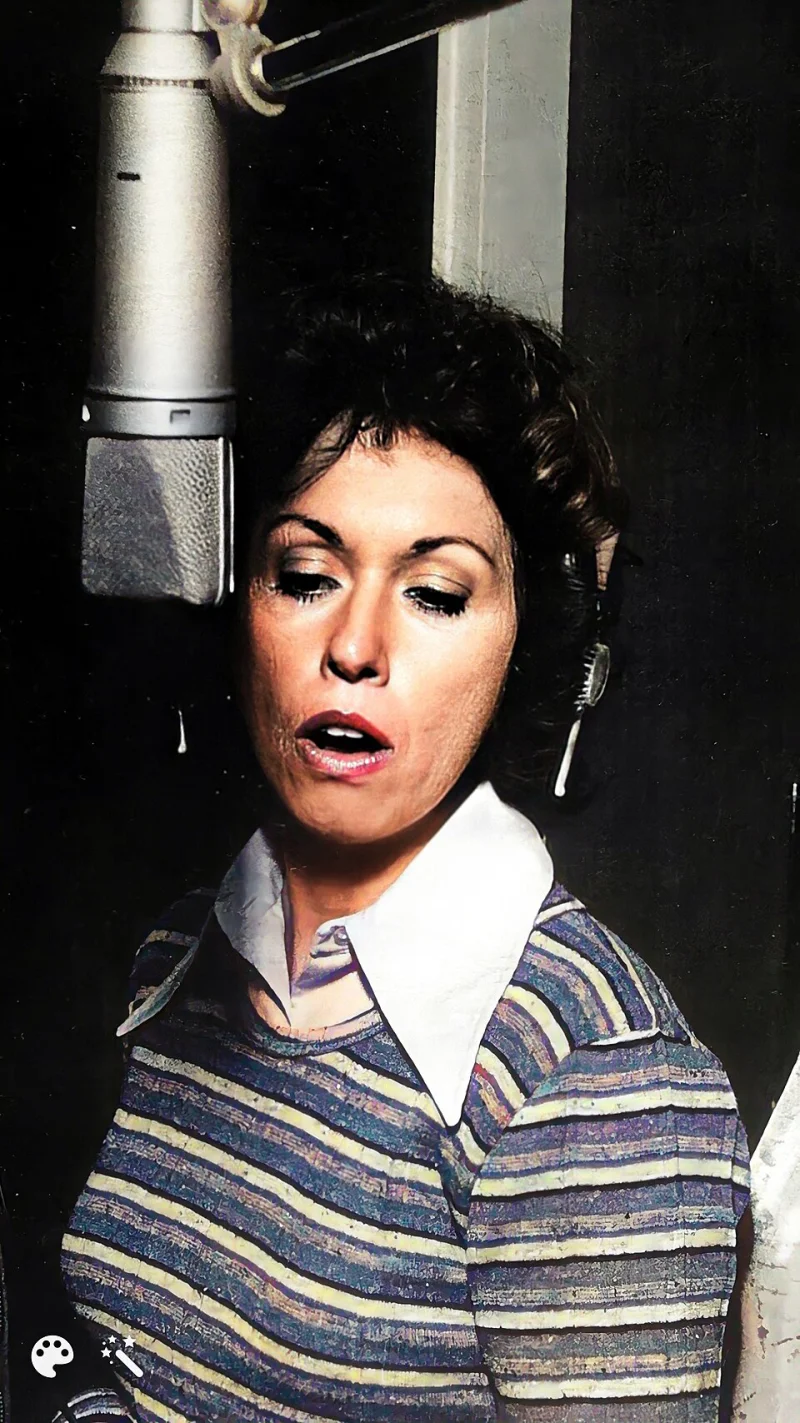Short Summary
Marian Anderson was a celebrated American contralto, renowned for her exceptional voice and her significant role in the civil rights movement. She broke racial barriers with her historic performance at the Lincoln Memorial in 1939 and became the first African American to perform at the Metropolitan Opera in 1955. Her career achievements and her fight for equality have left a lasting impact on both the arts and society.
Early Life & Education
Born on February 27, 1897, in Philadelphia, Pennsylvania, Marian Anderson grew up in a modest household. Her father, John Anderson, sold coal and ice, while her mother, Annie Delilah, was a former teacher. Despite financial constraints, her family supported her musical talent, encouraging her to join the choir at the Union Baptist Church. Anderson's rich voice impressed many, leading her to receive informal training from fellow choir members. She later attended South Philadelphia High School and pursued further vocal training with Giuseppe Boghetti after winning a competition in 1925 that marked the start of her professional journey.
Career Highlights
Marian Anderson's career spanned several decades, during which she gained international acclaim for her extraordinary vocal talent. In the 1930s, she toured extensively in Europe, where she was celebrated for her performances in prestigious venues. Her 1939 concert at the Lincoln Memorial, prompted by racial discrimination preventing her from performing at Constitution Hall, was a pivotal moment in her career and the civil rights movement. In 1955, Anderson became the first African American to perform with the Metropolitan Opera in New York City, solidifying her status as a trailblazer in the world of classical music.
Major Achievements
- 1939 Lincoln Memorial Concert: A historic performance attended by over 75,000 people, symbolizing the fight against racial discrimination.
- Metropolitan Opera Debut: Became the first African American to perform at the Met in 1955, breaking racial barriers in the arts.
- Presidential Medal of Freedom: Awarded in 1963 for her contributions to the arts and civil rights.
- UN Delegate: Appointed as a delegate to the United Nations Human Rights Committee by President Dwight D. Eisenhower in 1958.
Famous Quotes
- "As long as you keep a person down, some part of you has to be down there to hold them down, so it means you cannot soar as you otherwise might."
- "Fear is a disease that eats away at logic and makes man inhuman."
Interesting Facts
- She was often referred to as the "Voice of the Century" for her rich and powerful contralto voice.
- In 1943, she performed at Constitution Hall after being previously denied access due to racial discrimination.
- Anderson was a mentor to several young African American singers, including the famous tenor, Robert McFerrin.
- She sang at the inaugurations of both President Dwight D. Eisenhower and President John F. Kennedy.
- Her autobiography, "My Lord, What a Morning," was published in 1956.
Legacy / Influence
Marian Anderson's legacy extends beyond her musical accomplishments, as she played a vital role in the civil rights movement. Her courage in facing racial discrimination and her success in breaking racial barriers paved the way for future generations of African American artists. Anderson's contributions to the arts and her advocacy for equality continue to inspire and resonate within the fields of music and civil rights.
FAQ
Q: Why is Marian Anderson famous?
A: She is famous for her exceptional contralto voice and her role in breaking racial barriers in the arts.
Q: What was her most famous performance?
A: Her most famous performance was the 1939 concert at the Lincoln Memorial.
Q: Did she receive any awards?
A: Yes, she received numerous awards, including the Presidential Medal of Freedom in 1963.











